Table of Contents
- Phoenician Mythology and the Pantheon
- Jacob/Israel and the Phoenician Connection
- Syncretism in the Ancient Mediterranean
- Interpretations from Philo of Byblos
- Cultural and Mythological Overlaps
- Historical Sources and Interpretations
- Details Regarding Philo of Byblos and Sanchuniathon
- Philo of Byblos
- Kronos and El/Israel:
- Use of the Name “Israel”
- Possible Interpretation of El and Israel
- El as a Title
- Israel as a Divine Epithet
- Historical Context and Syncretism
- Syncretic Connections
- Potential Misinterpretation or Conflation:
- Summary
The connection of Kronos to biblical Jacob (Israel) as suggested by Phoenician tradition is an intriguing aspect of comparative mythology that hints at the syncretism and reinterpretation of ancient deities across different cultures. Below, I will elaborate on how these traditions intersect:
Phoenician Mythology and the Pantheon
The Phoenicians, known for their vast trade networks and cultural influence in the ancient Mediterranean, had a pantheon that shared similarities with both Greek and Canaanite religious traditions.
In Phoenician mythology, Kronos was a significant deity. The Greeks equated Kronos with their Titan who ruled before Zeus, while the Romans later called him Saturn.
Kronos in Phoenician tradition, as described by Philo of Byblos (a 1st-century AD Phoenician historian whose works largely come from Sanchuniathon’s now-lost writings), was a father figure akin to the ruling deity over the world during a primordial time, just as he was in Greek tradition.
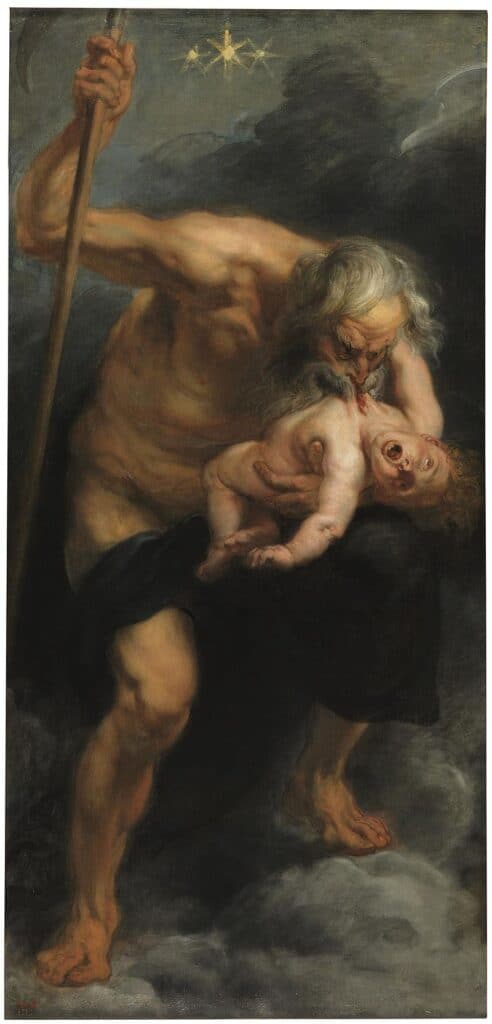
Jacob/Israel and the Phoenician Connection
The Phoenicians were part of the greater Canaanite cultural context, sharing religious and mythological concepts with the Israelites. The patriarch Jacob, whose name was changed to Israel after his encounter with the divine (Genesis 32:28), became the eponymous ancestor of the Israelites.
In certain Phoenician texts, the deity Kronos was referred to as “El” or “Israel.” This association likely comes from an ancient reinterpretation of figures and their roles in myth. It suggests that the Phoenicians saw a parallel between their god Kronos and the biblical patriarch Jacob/Israel, particularly in terms of authority and the foundational role they played for their respective people.
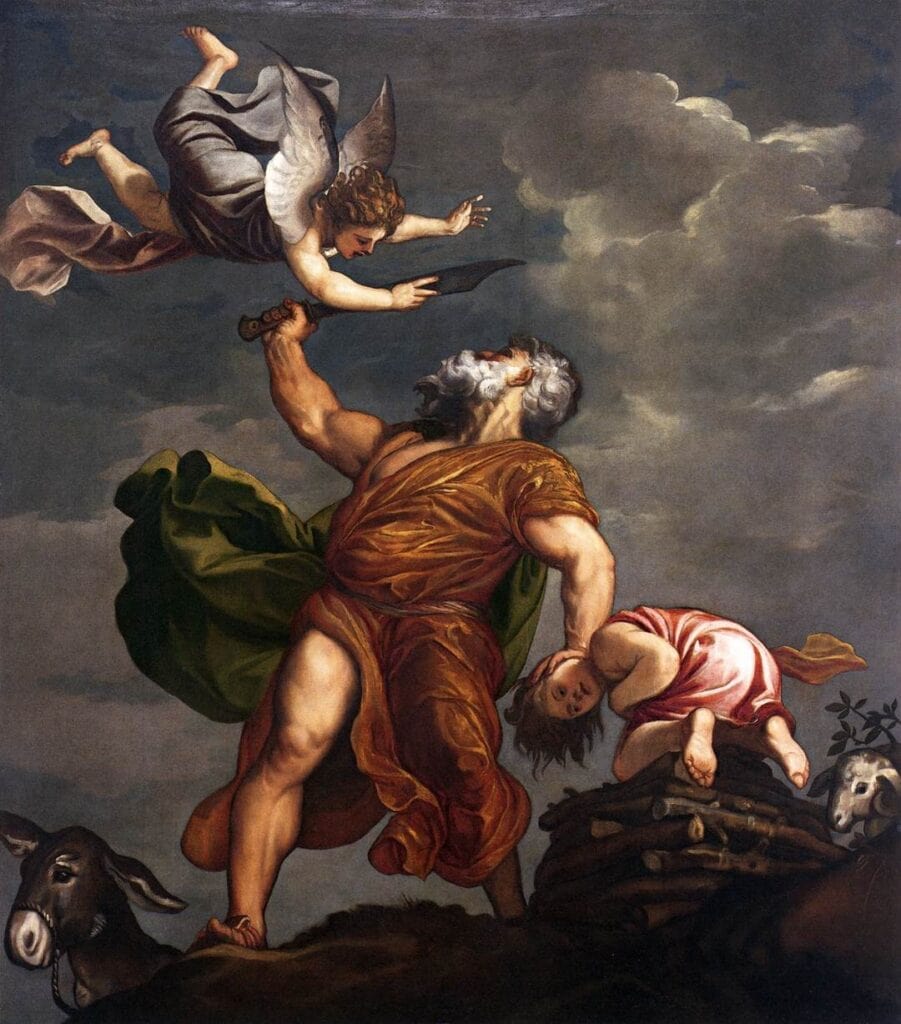
Syncretism in the Ancient Mediterranean
The ancient Mediterranean world was characterized by a high level of syncretism, where gods and religious figures would be equated or blended across cultures. The Greeks equated Phoenician gods with their own, trying to make sense of foreign deities through familiar lenses.
Kronos was the ruler of a bygone era, much like how Jacob/Israel was the patriarch of the Israelites. This conceptual similarity—being a progenitor or “father figure” of an era or people—may have led to the Phoenician association of Kronos with Israel.
There is also a symbolic aspect that could be considered. Kronos, as a figure of authority before the Olympians, mirrors Jacob’s role as a central patriarch before the establishment of the Israelite nation in Canaan. Both figures embody the theme of transition—Kronos being overthrown by Zeus, and Jacob fathering the 12 tribes who would form the Israelite identity.
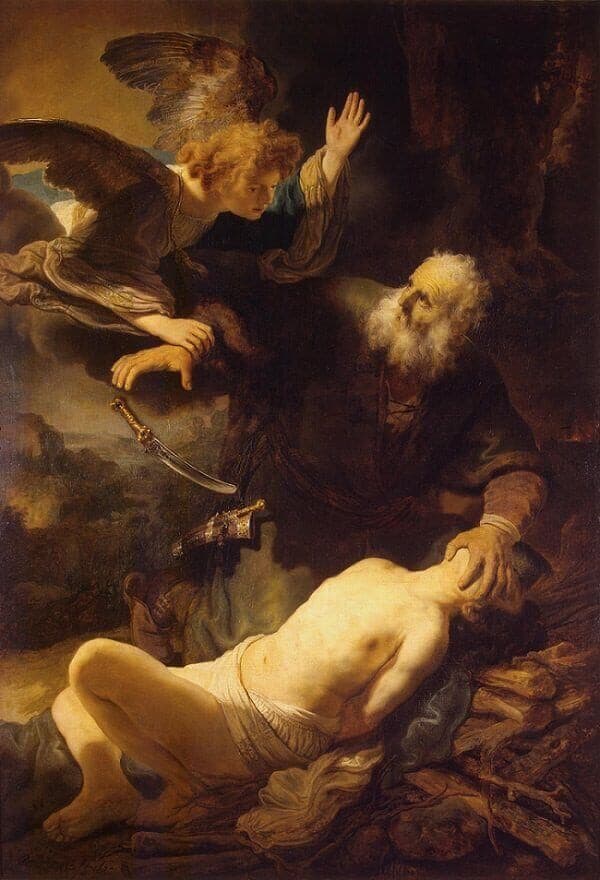
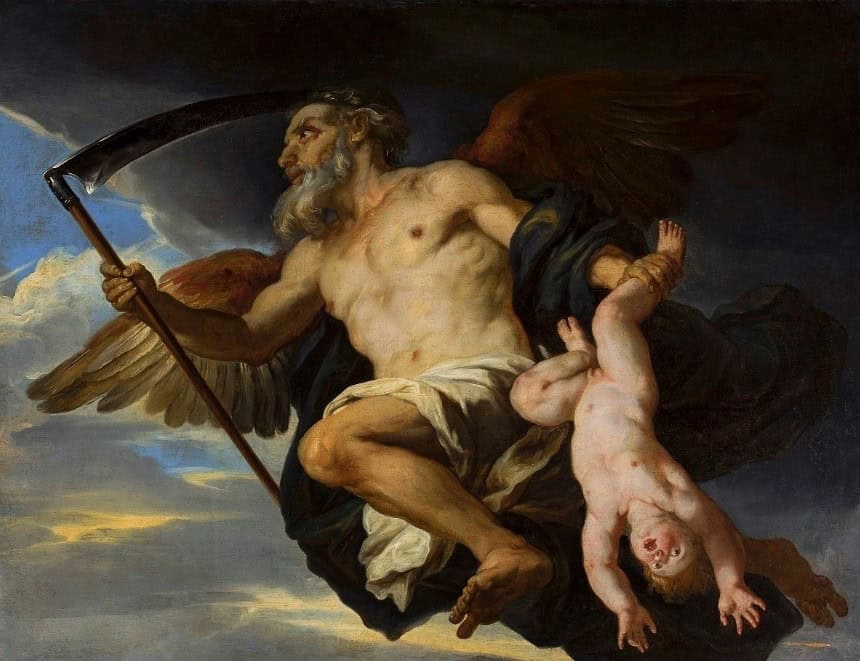
Interpretations from Philo of Byblos
Much of our knowledge of Phoenician mythology comes from Philo of Byblos, who translated and interpreted earlier Phoenician texts. According to his accounts, Kronos (whom he called “El” or occasionally “Israel”) was seen as having established foundational principles, similar to Jacob/Israel’s role in the Hebrew Bible as the father of the tribes.
Philo’s writings indicate that Kronos was also associated with a form of sacrifice. This might draw a loose parallel to the biblical themes of sacrifice and covenant that are strongly present in Jacob’s story. The willingness of patriarchs in the Bible to make sacrifices to establish a covenant with God could have resonated with the Phoenician understanding of Kronos’ sacrificial elements, thus facilitating this equation.
Cultural and Mythological Overlaps
The equation of Kronos with Israel could be seen as an attempt to reconcile and reinterpret myths as Mediterranean cultures came into contact with each other. This association might have had several motivations:
- Religious Diplomacy: As the Phoenicians interacted with the Israelites, they may have found it advantageous to associate their deities with Israelite patriarchs to foster understanding or religious harmony.
- Mythological Translation: The Greeks and Phoenicians had a history of translating each other’s myths into their own cultural contexts. This often involved equating foreign deities or legendary figures with their own, in an attempt to integrate or at least make sense of diverse traditions.
- Shared Archetypes: Jacob as the patriarch of the tribes of Israel and Kronos as a deity overseeing an earlier age of gods may share archetypal qualities—both represent origins, fatherhood, and transitions in the divine order or familial lineage.
Historical Sources and Interpretations
Sanchuniathon and Philo of Byblos: The idea that Kronos was called “Israel” comes primarily from Philo of Byblos, who is one of our main sources for Phoenician mythology. Philo claimed to translate the works of an earlier Phoenician writer named Sanchuniathon. However, it should be noted that Philo’s reliability is often debated among scholars, and his writings combine Phoenician myth with Hellenistic interpretations.
Hellenistic Influence: The Hellenistic period (following Alexander the Great’s conquests) saw a deliberate blending of cultures and myths. It was common to find gods equated across pantheons to create a more unified cultural narrative. This blending is part of why Kronos (Greek) and El or Israel (Canaanite/Phoenician) might have been equated in Philo’s writings.
Details Regarding Philo of Byblos and Sanchuniathon
The claim that “in certain Phoenician texts, the deity Kronos was referred to as ‘El’ or ‘Israel'” largely stems from the writings of Philo of Byblos, who, in the 1st-2nd century CE, translated and interpreted the earlier works of the Phoenician historian Sanchuniathon. However, it’s important to emphasize that our understanding of these texts comes mostly through secondary accounts, and some aspects remain speculative or interpretative.
Philo of Byblos
Philo of Byblos is one of the few sources who provides detailed information on Phoenician religion. His work, Phoenician History, was supposedly derived from the original writings of Sanchuniathon, who, according to Philo, had access to older, sacred records of Phoenicia.
Philo attempted to interpret Phoenician religion in terms that would be comprehensible to Greek and Roman readers. This often led to him equating Phoenician deities with familiar Greek gods.
Kronos and El/Israel:
In Philo’s accounts, Kronos is mentioned as one of the primary gods of the Phoenicians. He was portrayed as a significant figure in their mythology, responsible for foundational acts and often associated with fatherhood and sacrifice.
Kronos is sometimes equated with “El,” who was one of the primary gods of the Canaanite pantheon. El was the chief deity, the creator god, and a figure of great authority, similar in some ways to the Greek Kronos.
Philo’s writings suggest that Kronos held a name or title associated with “Israel,” possibly pointing to an understanding of this figure as the patriarch or foundational entity of a group or people—akin to Jacob, who was renamed Israel and was the father of the 12 tribes of Israel.
Use of the Name “Israel”
The association of Kronos with “Israel” could imply that the Phoenicians viewed Kronos as having a role analogous to that of Jacob (Israel) in the Hebrew tradition—a patriarch or significant founder figure.
This name usage also indicates an effort by Philo to link the mythology of the Phoenicians with the biblical narrative, either to make sense of the interconnections between the cultures or to express a syncretic viewpoint in which the traditions shared a common foundation.
Possible Interpretation of El and Israel
El as a Title
In the Canaanite tradition, “El” was not just a name but also a title, meaning “God” or “The Mighty One.” It signified the supreme deity, the father figure of the gods, and was common across various Semitic cultures, including Phoenicians and Hebrews.
Kronos being called “El” suggests that he embodied similar characteristics to the Canaanite supreme deity—a god of creation, authority, and fatherhood.
Israel as a Divine Epithet
The use of “Israel” might have been an epithet or title reflecting a patriarchal figure in Phoenician culture, as the name “Israel” itself comes from the Hebrew root meaning “one who struggles with God” or “God prevails” (based on the biblical narrative of Jacob wrestling with an angel).
By attributing the name “Israel” to Kronos, the Phoenicians or Philo might have been emphasizing his role as a ruling patriarch—a position analogous to that of Jacob in the Israelite tradition. This usage can be seen as an attempt to unify different traditions or recognize the similar foundational roles these figures played in their respective cultures.
Historical Context and Syncretism
Syncretic Connections
In the ancient world, it was common to create parallels between deities from different cultures, especially among groups that interacted closely, like the Phoenicians, Greeks, and Israelites.
The Greeks equated Kronos with the Roman Saturn, and Philo, in turn, equated Kronos with the Phoenician El, adding the association with “Israel.” This reflects the syncretic practices of identifying different cultural myths with similar archetypes to create cohesion in the ancient Mediterranean world.
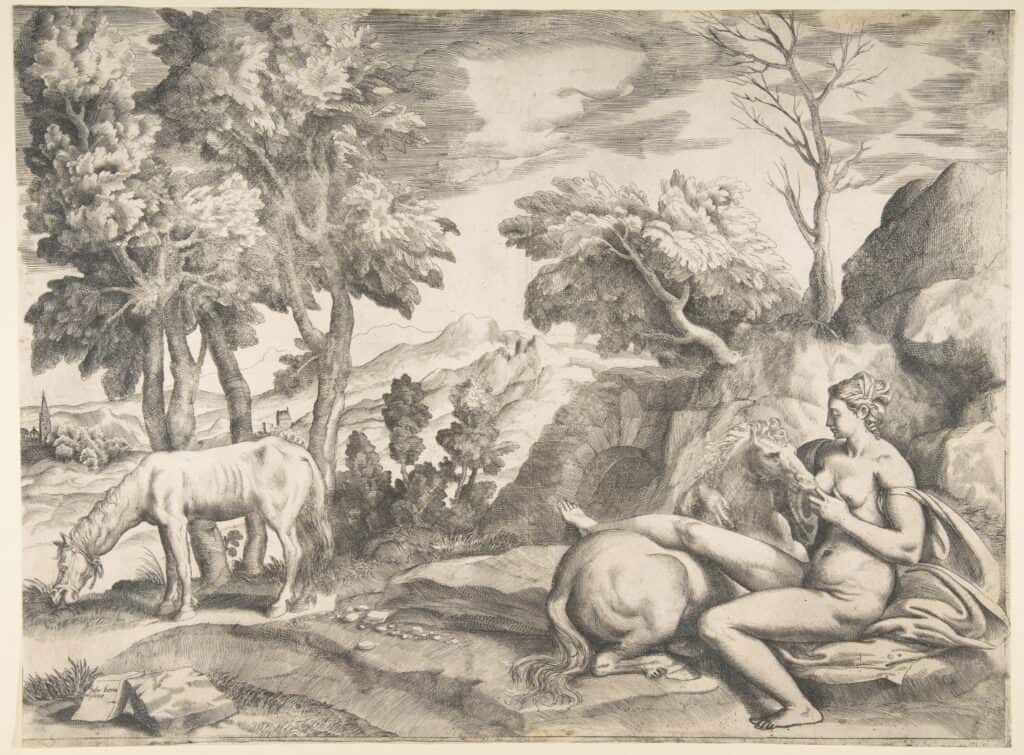
Potential Misinterpretation or Conflation:
It’s also possible that the connection between Kronos and Israel is a result of later interpretation or conflation. Philo may have been influenced by the Hellenistic trend of integrating foreign deities into familiar Greek frameworks. The use of “Israel” might not have been a direct element of older Phoenician myth but rather an interpretive layer added to bridge different cultural understandings.
Summary
The claim that Kronos was referred to as “El” or “Israel” comes primarily from the writings of Philo of Byblos, who translated and interpreted earlier Phoenician sources.
Kronos was likely equated with “El,” the supreme god of the Canaanite pantheon, and possibly associated with “Israel” to symbolize a patriarchal or foundational role similar to that of Jacob (renamed Israel) in Hebrew tradition.
This syncretic approach reflects the broader tendency in the ancient world to link deities and cultural heroes across different traditions, creating an interconnected mythological landscape. However, these interpretations should be understood within the context of Philo’s possible biases and the interpretative nature of his work.
